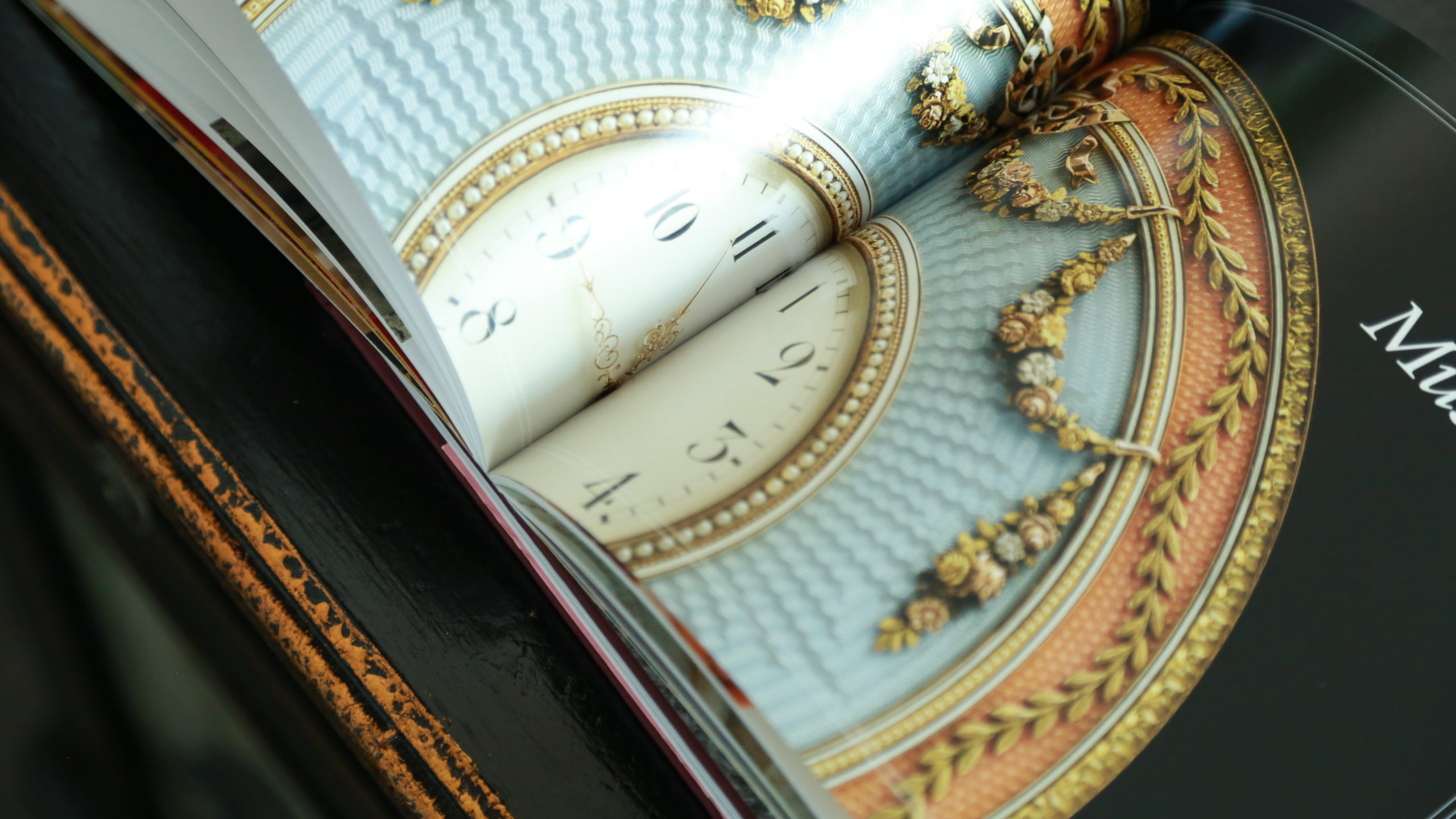Hello everyone, and welcome to the 20th day of out Austrian Advent Calendar !
We spoke of Empress Elisabeth in yesterday’s video, so it’s only natural we dedicate today’s episode to her beloved and possibly misunderstood husband, Emperor Franz Joseph the First.
It’s fairly easy nowadays to find the story of Franz Joseph’s life. His longevity in office is legendary : Emperor of Austria, King of Hungary, then Emperor of the Austo-Hungarian Empire, his 68 years of reign have been marked by a constant rise of the revolutionary and nationalist movements, but also by a peaceful stretch of some 40 odd years, that allowed him the necessary respite to reform and build. He ruled in an absolute monarchy but was constantly challenged by others as well as by his own conscience on the subject of a constitution. Often criticised as being an average strategist and statesman, he famously compensated his lacks by an exceptional memory, an unwavering devotion to duty and justice, and an unequaled model of exactitude.
These were the reasons I chose Martina Winkelhofer’s book as a guide in getting to know this essential character of European history. The everyday life of the Emperor. Francis Joseph and his Imperial Court is the kind of document book that mesmerises passionate amateurs of history like myself. If books on battles, wars and political alliances are easy to be found, the details of life at court are more of a challenge, and the record breaking audiences for each royal wedding being televised can only confirm my idea that republicans and monarchists alike are interested in life at court. Here I found detailed descriptions of everything from Franz Joseph breakfast to the administrative structure of his court, life of the help including social perks, health insurance or daily meal plans for the entire staff of just under 2000 souls, the role of art and culture at the court as well as the rigorous financial records. I was very interested to read that even though the court generated very little revenue, its assets were considerable and very precisely managed. The palaces, gardens and art collections belonged not to the emperor as a private person, but to the imperial property office. This was a closed asset enterprise who gave sole right of utilisation to the monarch. He didn’t have a right to sell any of the properties, or to bequeathe them to his children, as they were automatically passed on to the next ruler.
The very transparent organisation of Franz Joseph’s administration makes me think of his exceptional sense of honour and duty. Qualities often rewarded by things like orders of chivalry, and so I went to visit the Imperial Treasury located in the Hofburg Palace, to find out a little more about the Order of the Golden Fleece. Founded in 1430 Bruges, by Philip the Good, duke of Burgundy, the Order of the Golden Fleece has been referred to as the most prestigious and historic order of chivalry in the world. Separated into two branches as a result of the War of the Spanish Succession, the orders continues to be exist to this day, as both the Spanish and the Austrian Fleece. The religious reasons for founding the order are perfectly coherent with the state of affairs in 15th century Europe. However, the secular motivation, as enunciated by Philip the Good, is in my opinion, a perfect description of Franz Joseph as a civil servant :
“So that those who are at present still capable and strong of body and do each day the deeds pertaining to chivalry shall have cause to continue from good to better; and […] so that those knights and gentlemen who shall see worn the order […] should honor those who wear it, and be encouraged to employ themselves in noble deeds.”
Until tomorrow, let’s honor those who, knighted or not, employ themselves in noble deeds !








